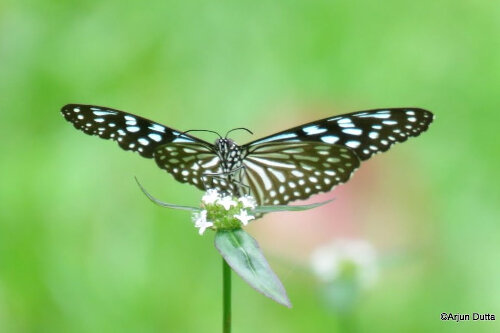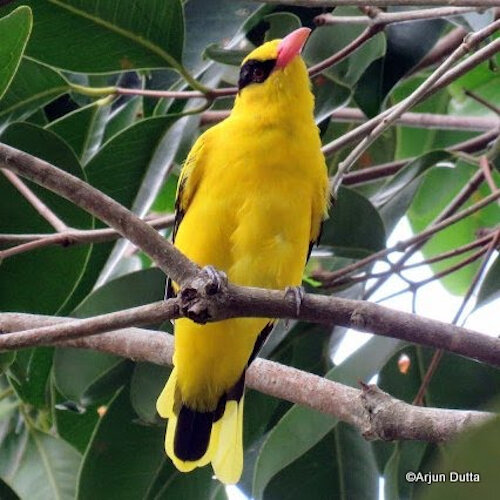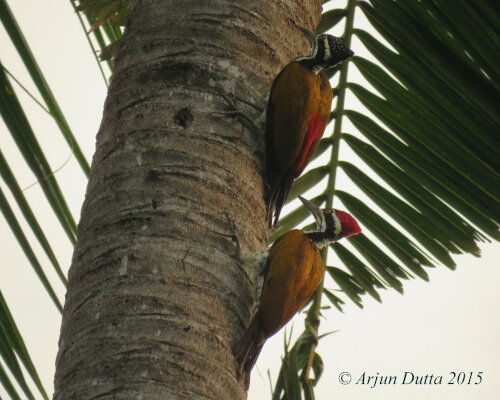The Future Of... Youth Inspiration
/In my role as Ambassador for Defra’s Year of Green Action, I attend and speak at various events. One such event was an internal annual meeting, speaking to 200 managers of the Government’s Environment Department. Also speaking was Arjun Dutta, also an ambassador and youth campaigner for the #iWill campaign for youth social action, leading a project called A Wild Future and Urban Ranger for the National Trust.
Young people aren’t just the leaders of tomorrow. They have the energy, skills and ideas to change society and the environment for the better today.
Yet society often fails to listen to young people’s views or recognise their ability to make a positive difference.
I loved listening to Arjun’s story he told about his love of nature, birdlife and conservation - especially since, as with so many people, it was inspired by travel – in his case, to Malaysia. Thank you Arjun for writing this blog about it:
Malaysia: my Nature Inspiration by Arjun Dutta
“Hi, I’m Arjun; I’m 16 and I’m a young environmentalist from South London. Ever since I was 7, I’ve had a love for the natural world, particularly birds, which has developed into a much stronger passion since 2017, where I started my personal blog.
With 2019 seeing the growth of a youth movement, this has given me a chance to try and promote nature to more young people; ultimately, I want more young people, regardless of ethnicity or location, to understand the importance of nature, and see wildlife as something to be enjoyed and respected, rather than dismissed.
Although I’ve only been involved in environmental campaigning for the last two years, I felt that it was more of a spark that helped me realise that I wanted to get involved with conservation.
In the summer of 2015, I visited the 480,000 hectare Malaysian Island of Pulau Langkawi on a family holiday. As it was an island largely made up of jungle, wetlands and mangrove, I was unsurprisingly excited at the prospect of staying for 12 days in an amazing part of the world, that I’d never visited before.
It’s safe to say that by the end of the trip, I’d been blown away by what I’d seen. Around 80 species of bird, mostly from our resort on the North Coast, were seen on our travels around the island, in addition to the numerous Monitor Lizards, Pit Vipers, Macaques and Monkeys! Since birdwatching has forever been one of my greatest hobbies, being able to see species of bird such as Great Hornbill, Crimson Sunbird, White-bellied Sea Eagle and Black-naped Oriole, all of which I’d never seen before was pretty awesome. Even the ‘common’ birds were exciting species, and I’ll never forget being able to have breakfast with Macaques climbing around above our heads, or the families of Tree Sparrows chattering away in the bushes and darting between tables for scraps of food.
There was a group of three naturalists working there, so I was fortunate to learn a lot about some of the wildlife that I was seeing, and lucky enough to spend many hours out and about with them. It’s safe to say that leaving a place like that was pretty difficult, and I’ll always remember the people as well as the stunning flora and fauna that the island had to offer.
As a result of visiting a place like this, I understood just how important conservation and human interaction is, whether it’s from large global groups or small, ecotourism companies.
The destruction of mangroves, which are an extremely rare yet vital habitat around the southern hemisphere, is occurring at an even faster rate than deforestation, while Malaysia is one of the most threatened areas. Some reports suggest that over 20% of the world’s mangroves have been lost since 1980.
Knowing how important these habitats are to the animals that I care about means I really can’t be happy with myself if I sit back at home in England, and do absolutely nothing to make even a small difference.
This was therefore my inspiration to getting involved with local conservation work, and a few years later found myself joining a young rangers group at my local National Trust site, Morden Hall Park.
I think if young people knew that it’s not wrong to care about the environment, and that it’s not a ‘weird’ thing to be interested in, this would help more people make a difference, even if it’s on a small scale”.


















